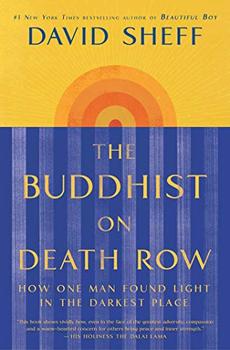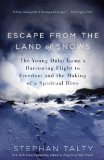Summary | Excerpt | Reviews | Read-Alikes | Genres & Themes | Author Bio

One of the world's most beloved leaders proposes a vision for overcoming suffering and bringing about individual and world peace for the next millennium.
"I am convinced that human nature is basically gentle, not aggressive. And every one of us has a responsibility to act as if all our thoughts, words, and deeds matter. For really, they do. Our lives have both purpose and meaning." --from Ethics for the Next Millennium
In this time of increasing violence and confusion, modern society seems to have lost its ethical direction. The Dalai Lama contends that what we perceive as a drift into ethical chaos is not caused by a loosening of moral standards, but rather by an inherent flaw in the way our morals have been structured: They were formed with the assumption that humankind, if left unsupervised, will perpetrate horrible acts.
The Dalai Lama bases his exquisitely argued cry for a new look at society on the radical notion that human beings are "originally pure"--not originally sinful--and he presents a persuasive examination of our fundamental natures. In chapters offering helpful advice on how to enhance compassion, deal with anger and hatred, and cope with suffering, Ethics for the Next Millennium proposes that if enough people operate from an understanding of their true nature, a global revolution of peace will ensue.

If you liked Ethics For The New Millennium, try these:

by David Sheff
Published 2021
The #1 New York Times bestselling author of Beautiful Boy explores the transformation of Jarvis Jay Masters who has become one of America's most inspiring Buddhist practitioners while locked in a cell on death row.

by Stephan Talty
Published 2011
Emotionally powerful and irresistibly page-turning, Escape from the Land of Snows is simultaneously a portrait of the inhabitants of a spiritual nation forced to take up arms in defense of their ideals, and the saga of an initially childlike ruler who was ultimately transformed into the towering figure the world knows today.
Never doubt that a small group of thoughtful, committed people can change the world...
Click Here to find out who said this, as well as discovering other famous literary quotes!